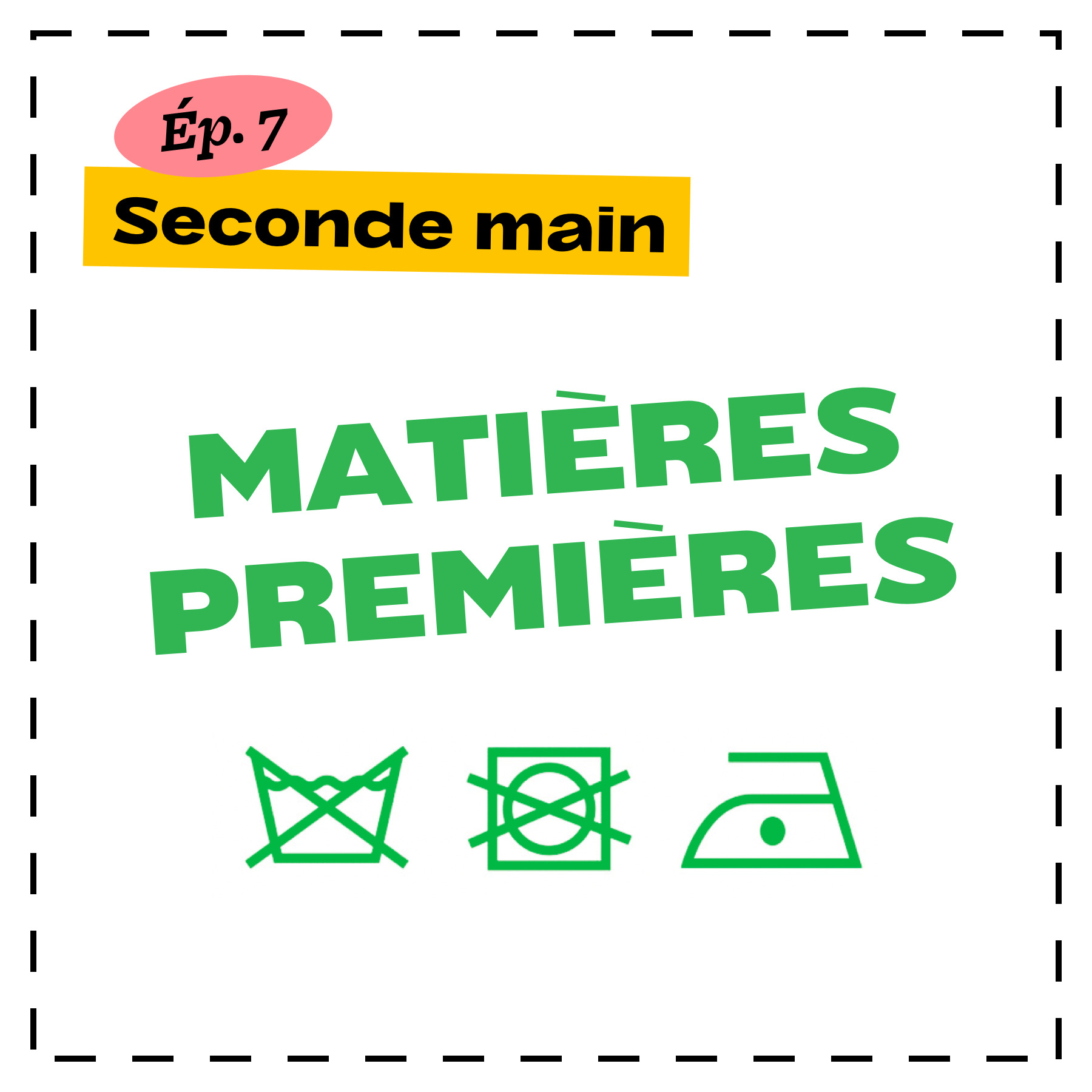How to force brands to produce less but better against global warming? A law that entered into force on January 1, 2022 prohibiting the destruction of unsold clothing, household linen, shoes and other items in France. This is the AGEC law, article L541-11-8 of the Environmental Code, which requires manufacturers, importers or distributors of clothing on the French market to reuse, donate, reuse or recycle. Because, until then, unsold items were very often burned, or thrown away after being voluntarily rendered useless, as the Coach brand sadly illustrated recently.
In addition to this new constraint, France now wants to reward good students. The government announced on September 28, 2022 the creation of a major consultation in view of the publication of a decree scheduled for November, in order to create a roadmap for the six years starting from 2023, reports theAFP transmitted by 20 minutes.
5 measures envisaged by the government against textile waste
All this technocratic misunderstanding to express the desire to reform the extended producer responsibility (EPR) sector in textiles, household linen and footwear. This reform aims to move in the direction of better respect for the environment, through the proposal of five measures:
- Reward the production of more virtuous products.
- Reduce fabric repair costs.
- Develop better solutions for the collection of used fabrics.
- Financing the sorting and repair of fabrics.
- Establish a French sector for the recycling of non-reusable fabrics.
In hollow, we can therefore understand that the industry was still making little effort at this level, which can be very concerning. But the government communication insists on speaking of “ambitious and new” measures. For their implementation, EUR 600 million would be earmarked for projects promoting repair, reuse or recycling. 350 million would be used to reward eco-design products, the entourage of Bérangère Couillard, secretary of state responsible for ecology, and Roland Lescure, delegate minister in charge of Industry, report to AFP.
Suggestions made long ago by actors involved in the sector
This is enough to recall some paths proposed by the collective En Mode Climat (coalition of private sector actors for a more responsible fashion) to the government, in particular through a petition to prevent French fast fashion from polluting Africa. In particular, we could read a proposal to set up a bonus-malus strategy for the production of more sustainable clothing. Other more ambitious measures hoped for a ceiling on the number of fast fashion garments imported into France (this was already the case until 2005), and above all the cessation of shipments of textile waste to Africa to encourage the development of infrastructures for their processing locally.
To put this information into perspective, remember that France collects 230,000 tons of used textiles every year, according to the government. However, 450,000 tons of other tons do not even pass through the collection box and end up directly in landfill or incineration.

Front page photo credit: pexels-polina-tankilevitch-5585849
The latest articles on the
fashion industry
-
Camaïeu officially placed in compulsory administrative liquidation: 2,600 jobs eliminated
-
Who is Harris Reed, genderfluid creator, named Nina Ricci
-
Why is Timothée Chalamet on the cover of British Vogue making history (without questioning genres so much)?
-
London Fashion Week struggles to mourn Elizabeth II
-
At New York Fashion Week, diversity parades more than ever
-
Patagonian founder donates his $ 3 billion company to the planet
Source: Madmoizelle
Ashley Root is an author and celebrity journalist who writes for The Fashion Vibes. With a keen eye for all things celebrity, Ashley is always up-to-date on the latest gossip and trends in the world of entertainment.




